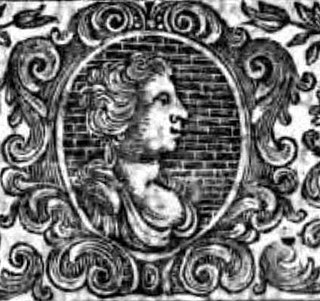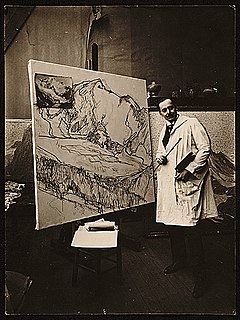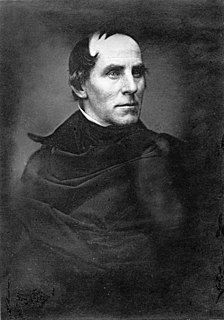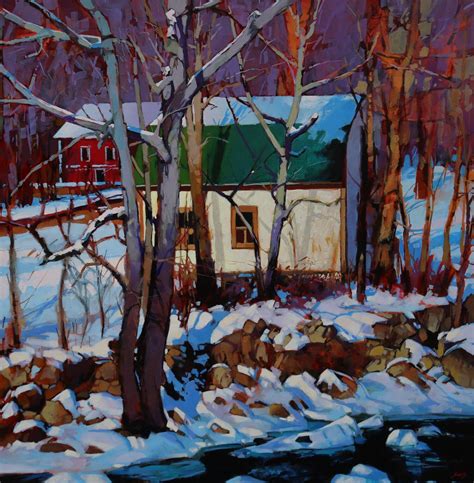A Quote by Alexander Pope
Persons of genius, and those who are most capable of art, are always most fond of nature: as such are chiefly sensible, that all art consists in the imitation and study of nature.
Related Quotes
I believe it is no wrong Observation, that Persons of Genius, and those who are most capable of Art, are always fond of Nature, as such are chiefly sensible, that all Art consists in the Imitation and Study of Nature. On the contrary, People of the common Level of Understanding are principally delighted with the Little Niceties and Fantastical Operations of Art, and constantly think that finest which is least Natural.
They that examine into the Nature of Man, abstract from Art and Education, may observe, that what renders him a Sociable Animal, consists not in his desire of Company, Good-nature, Pity, Affability, and other Graces of a fair Outside; but that his vilest and most hateful Qualities are the most necessary Accomplishments to fit him for the largest, and, according to the World, the happiest and most flourishing Societies.
Nature is a greater and more perfect art, the art of God; though, referred to herself, she is genius; and there is a similarity between her operations and man's art even in the details and trifles. When the overhanging pine drops into the water, by the sun and water, and the wind rubbing it against the shore, its boughs are worn into fantastic shapes, and white and smooth, as if turned in a lathe. Man's art has wisely imitated those forms into which all matter is most inclined to run, as foliage and fruit.
It is justly considered as the greatest excellency of art to imitate nature; but it is necessary to distinguish those parts of nature which are most proper for imitation: greater care is still required in representing life, which is so often discoloured by passion or deformed by wickedness. If the world be promiscuously described, I cannot see of what use it can be to read the account; or why it may not be as safe to turn the eye immediately upon mankind, as upon a mirror which shows all that presents itself without discrimination.
Art is the microscope of the mind, which sharpens the wit as the other does the sight; and converts every object into a little universe in itself. Art may be said to draw aside the veil from nature. To those who are perfectly unskilled in the practice, unimbued with the principles of art, most objects present only a confused mass.
High art consists neither in altering, nor in improving nature; but in seeking throughout nature for 'whatsoever things are lovely, whatsoever things are pure;' in loving these, in displaying to the utmost of the painter's power such loveliness as is in them, and directing the thoughts of others to them by winning art, or gentle emphasis.





































